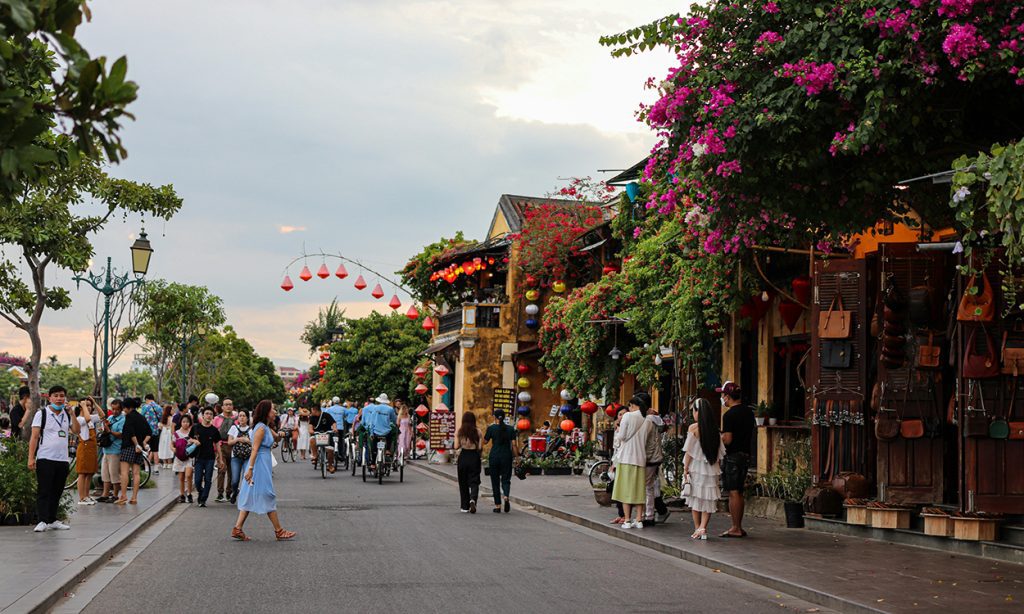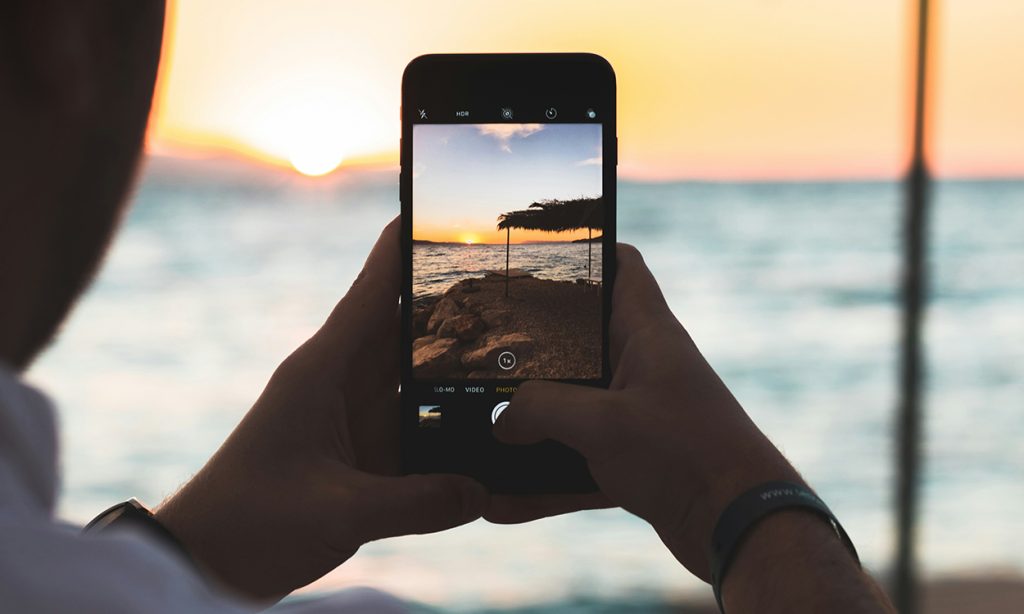Millennials are the largest generation to date and makeup over 30% of the world’s population. So, it should come as no surprise that they also come with a large spending power, By 2030, Millennials are expected to have an annual income of more than $4 trillion altogether. Therefore they should be of great interest to travel companies.
Understanding the preferences and habits of different generations is important for travel companies who want to deliver to a diverse group.
Millennials, the generation born between 1981 and 1996, have become significant players in the travel industry, each with their unique characteristics and priorities. They are revolutionizing the landscape of both business and leisure travel by placing a strong emphasis on experiences and cultural immersion, opting for solo adventures, crafting their own itineraries, disregarding generic, low-cost options, and relying heavily on social media or user-generated content for decision-making and influence. Furthermore, all these emerging millennial travel trends are executed through their smartphones, from research to booking.
In 2018, US Millennials allocated a substantial $200 billion towards their travel expenditures, with 55% expressing a desire to amplify the frequency of their trips. Impressively, nearly three out of four Millennials expressed a tendency to expand their investments in leisure travel experiences over physical products. These statistics underscore the importance of tailoring marketing strategies towards this generation.
As Millennials continue to demonstrate a growing desire for booking more trips, it is evident that their spending in the world of travel is set for sustained expansion in the foreseeable future.
In this blog, we delve into the travel habits of this generation.
Prioritizing Trips with Friends and Family

One common thread for Millennials is their inclination towards travel experiences that involve friends and family. This generations often prioritize trips that allow them to bond with their loved ones, creating cherished memories along the way. This emphasis on shared experiences has led to a surge in user-generated content, with travellers of all ages sharing their adventures on social media channels.
Minimal Impact on the Environment
As global travel becomes more accessible, younger Millennials and Gen Z are increasingly conscious of the environment. Sustainable travel practices, such as reducing carbon footprint and supporting local culture, are gaining popularity among these generations. Travel companies can appeal to eco-conscious travellers by offering eco-friendly options that align with their values.
Travel Spending and Duration
Compared to Baby Boomers, Millennials tend to allocate a significant portion of their budgets to travel. They view travel as an investment in experiences rather than material possessions. Additionally, they are more likely to take shorter, more frequent trips, with Millennials averaging approximately 35 days of travel per year.
Embracing Local Culture

Millennials are known for their love of immersing themselves in local culture during their travels. They seek authentic experiences and are more likely to explore off-the-beaten-path destinations. This curiosity about local culture has also led to a surge in the popularity of homestays and local cuisine experiences.
The Role of Social Media

The influence of social media channels on travel decisions cannot be overstated. Both Gen Xers and Millennials rely heavily on platforms like Instagram, Facebook, and TikTok for travel inspiration and recommendations. Travel companies can capitalise on this trend by creating engaging and shareable content that resonates with these tech-savvy generations.
Showing the Travel Trends of Millennials
Understanding the travel trends and preferences of Gen Xers and Millennials is vital for travel companies operating in the United States and beyond. By catering to their shared values of prioritizing family and friends, embracing eco-friendly practices, and immersing themselves in local culture, businesses can position themselves to capture a significant share of the travel market. As these generations continue to shape the future of travel, staying attuned to their evolving preferences will be key to success in the industry.



